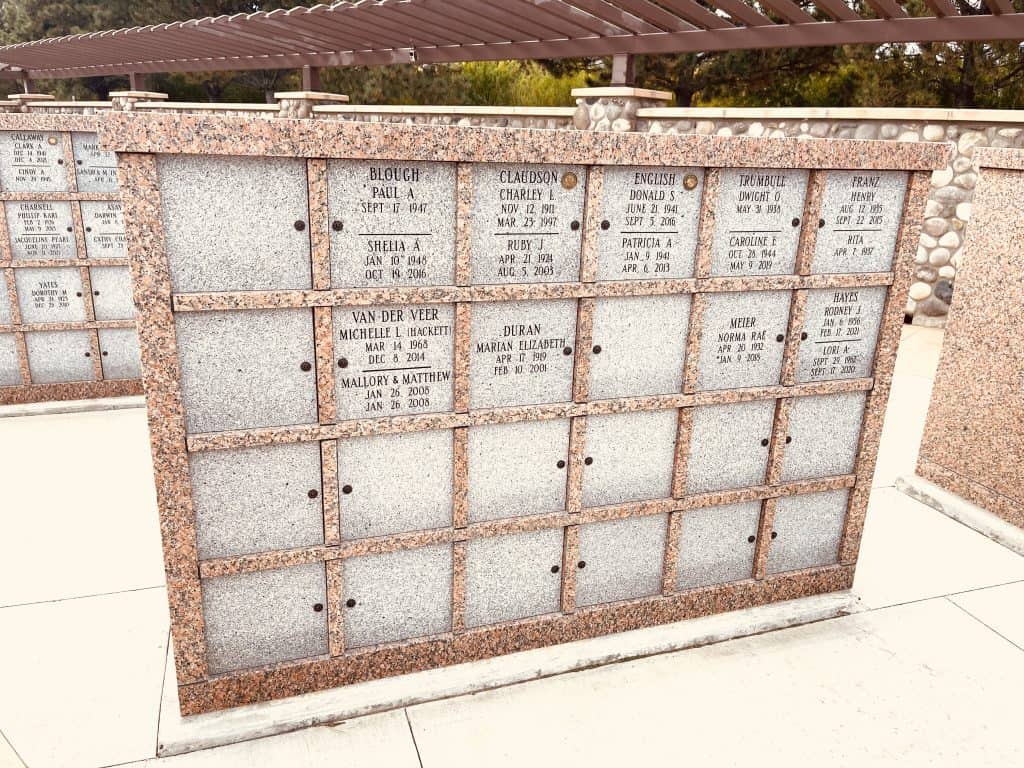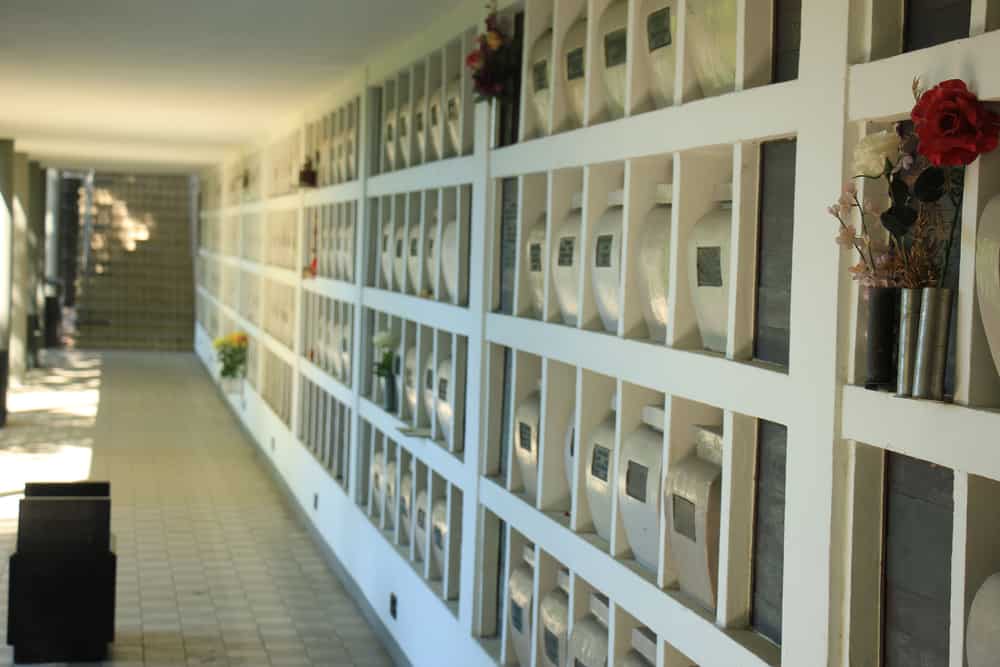A smooth and cooperative relationship is required between the Medical Examiner’s office and local funeral homes so that funeral directors can liaise with families, provide prompt information about the examination process, and make arrangements to schedule the collection of the deceased for a funeral or cremation promptly.
Why is a body taken to the Medical Examiner’s Office?
The deceased will be transported into the care of the Medical Examiner if unnatural or suspicious circumstances surround the cause of death or if the deceased is the victim of a crime or accident. By law, and to protect public safety, the Medical Examiner must determine a cause of death and prepare a death certificate.
The Medical Examiner will conduct a series of tests and an examination to assess the cause of death. In some cases, this can be merely an external examination and toxicology; in other cases, an autopsy may be required. The Medical Examiner may also make observations at the scene of the death to collect data that may help determine the events that may have caused the death.
So if your loved one died unexpectedly, violently, or without an apparent cause of death, the authorities may call in the Medical Examiner, and the body may then be taken to the Medical Examiner’s morgue for an examination to be performed. Medical Response teams and law enforcement officers are required to call in the Medical Examiner if they arrive at the scene of a death where they determine the cause of death to need investigation.
Funeral directors must also follow certain guidelines regarding referring death cases to the Medical Examiner if certain circumstances are evident. So, if a funeral director is called to make a residential collection and feels that the circumstances surrounding the death may not be clearly apparent, he is obligated to call the Medical Examiner.
Will an autopsy be performed if the body is at the Medical Examiners?

No, just because the deceased is taken to the Medical Examiner’s morgue does not necessarily mean an autopsy will be performed. This will be determined by the Medical Examiner reviewing the case and cause of death.
Is permission needed from the next of kin to perform an autopsy?
No, as the state-mandated function of the ME’s office is to protect public safety. If it is deemed necessary to conduct an autopsy, one will be performed. However, the Medical Examiner’s Office understands that some families may not wish to have an autopsy performed on a loved one. If the cause of death can be adequately ascertained without an autopsy, the need for an autopsy can be avoided. Sometimes, the needs of law enforcement agencies dictate that an autopsy report be submitted.
Can we view the deceased at the Medical Examiner’s Office?

No, the Medical Examiner’s office does not facilitate viewings of the body. An ID is required to identify the body, but this is generally facilitated using a photo of the deceased’s face and possibly any identifying marks such as tattoos, scars, moles, etc.
Can an open-casket service be conducted after an autopsy?
Yes, your funeral director can still arrange an open-casket service after an autopsy has been performed. A medical examination is conducted with respect for the deceased and in a professional manner that should not interfere with a viewing of the deceased as long as the deceased is in a suitable condition for viewing before the autopsy.
How do we get the deceased released from the Medical Examiner’s office?

The deceased can only be released from the Medical Examiner’s office into the care of a funeral director. Once the medical examination has been conducted, arrangements can be made for the deceased to be transported to the funeral home. If your loved one is held at the Medical Examiners, then it is wise to select a funeral home or cremation provider to handle pending funeral arrangements. The designated funeral home will then liaise with the Medical Examiner’s office for you and notify you when the deceased is released into their care.
Generally, death certificates, cremation permits, and any required transit permits are given to the funeral director when he collects the deceased from the Medical Examiner’s office.
Who contacts the Funeral Home or Cremation Provider if a loved one is taken to the Medical Examiner?
The legal next of kin is responsible for selecting and contracting a funeral home. The funeral home will then take care of all required legal matters about obtaining the death certificate and releasing the body to the funeral home.
How do I obtain a certified copy of the death certificate?
Your funeral director will provide you with certified copies of the death certificate. Alternatively, you can obtain additional certified copies from your local county vital records office.
How do I obtain copies of the Medical Examiner’s report?
The Medical Examiner’s report is generally made publicly available within 4-6 months after the cause of death has been determined. A copy is generally available for a fee.
How long can the Medical Examiner hold the body for?

This can depend on how straightforward the determination of the cause of death is. As soon as the examination is completed, a signed authorization from the legal next of kin is required for the ME’s office to release the deceased to the funeral home. The funeral director will generally complete this paperwork with you so that he can take it to the Medical Examiner when he receives notification that the body is ready to be released.
The Medical Examiner understands that it is a fraught time for relatives and generally tries to expedite the process where possible. This is also why it is easier to ensure you have enlisted a funeral home as soon as possible, as a funeral director is familiar with the Medical Examiner’s office, who to contact, and the procedures for releasing a body.
Generally, the Medical Examiner will try to examine within 24 to 48 hours of the deceased’s arrival at the ME’s office. In most cases, the deceased can be released to the funeral home once the medical examination has been completed. However, if there are suspicious circumstances or the case is a homicide, the deceased may be held for some additional time.
How do I claim a body that is held at the morgue?
It would help if you appointed a funeral director from a funeral home or a cremation provider, as only licensed funeral directors can collect the deceased from the Medical Examiner’s morgue.
The sooner you select a funeral services provider to handle the funeral services, the sooner they can begin communicating with the Medical Examiner’s office to get the deceased released into their care as soon as possible.
How do I arrange an affordable cremation if the deceased is at the county morgue?

If you wish to arrange for a simple cremation after the medical examination, you will still need to appoint a funeral service provider or cremation company. They will complete the necessary forms with you to authorize a direct cremation. A direct cremation is where the deceased is collected. Then a cremation is performed without ceremony or services. It is the most economical way to arrange a simple disposition. Once the funeral home or crematory has performed the cremation, they can make the cremated remains available for you to collect.
Liaising with the Medical Examiner and collecting the deceased from the morgue is a routine procedure for a funeral home or cremation company. Therefore, the price charged for a direct cremation from the Medical Examiner can be kept low in many counties.
The Medical Examiner will not generally refer you to a funeral home, as this can be seen as favoring a specific funeral services provider. If you do not have a funeral services provider selected, you must find one. This can often be determined by what type of funeral services you require and your funds.
Cremation is far cheaper than a traditional burial, although a simple direct burial can be carried out inexpensively.
It is also wise to compare cremation prices as these can vary significantly for direct cremation. You can compare online or phone a few funeral homes, asking about a “direct cremation service.”
DFS Memorials is a network of affordable cremation providers who offer a low-cost direct cremation service package. This can be significantly facilitated when the deceased is located at the county morgue or Medical Examiner’s office and the death certificate and cremation permit are released with the deceased.
Visit DFS Memorials – Local Providers to find your nearest cremation provider and their cost. If you have further questions about what happens when your loved one has been transferred into the care of the Medical Examiner, please speak with your funeral director or contact your county Coroner or Medical Examiner’s office.



